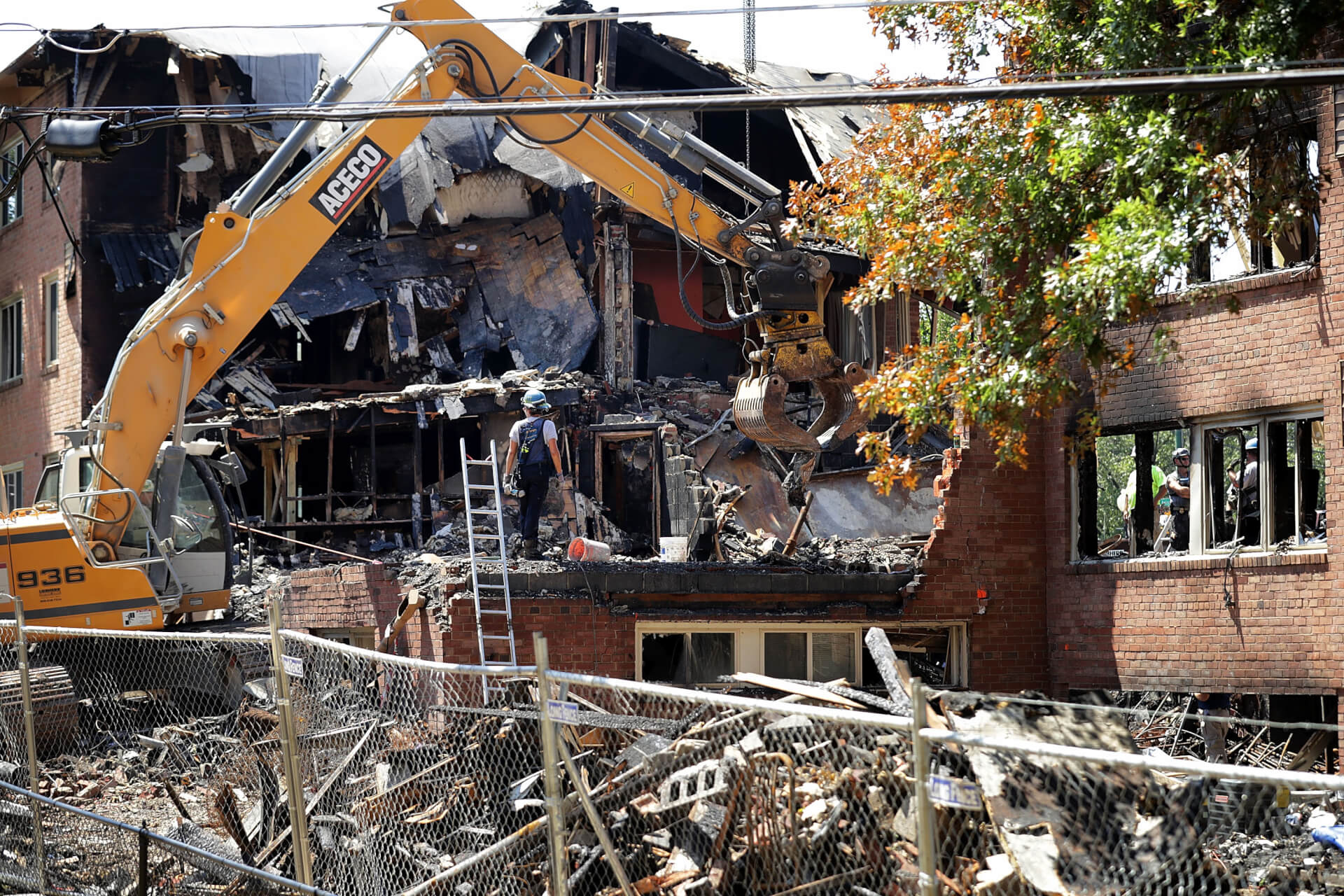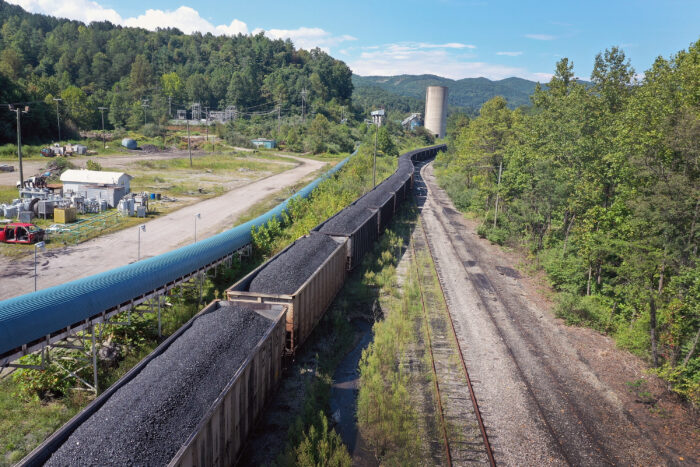Opinion: Latest explosions a potent argument for building electrification

By Mike Tidwell and Gustavo Torres
Mike Tidwell is executive director of the Chesapeake Climate Action Network Action Fund. He can be reached at [email protected]. Gustavo Torres is the executive director of CASA, an immigrants’ rights organization. He can be reached at [email protected].
A rowhouse reduced to rubble in Baltimore. A daycare center on fire in North Carolina. Homes destroyed in Missouri and Indiana. A duplex blown up in Oregon. This list represents just a fraction of the all too common gas leaks and explosions that happened across the United States in 2022 alone. These devastating explosions are happening here in Maryland as well.
Dozens of people in Montgomery County have been impacted by multiple explosions over the past couple of years. Fourteen people were injured in a gas explosion in Silver Spring last March. And we continue to mourn the seven beloved community members, including two children, who lost their lives in a separate Silver Spring explosion in 2016. More than 150 people were injured and displaced in that disaster.
Just last week, an explosion and gas-fueled fire in Baltimore trapped three people under rubble. While the cause of the explosion is under investigation, we know for certain that the methane gas that we pipe into our homes is inherently dangerous and, in a moment, can ignite with devastating consequences.
This month, Montgomery County has the opportunity to begin to build a future free from dangerous gas leaks and explosions. The county council is considering Bill 13-22 which would be the first all-electric construction code for new buildings in the state. Not only would this legislation lower the cost of new construction by forgoing gas infrastructure, but homeowners and renters would also benefit from highly efficient electric appliances such as heat pumps that can provide reliable temperature control all year round.
Over half of the county’s pollution comes from burning fossil fuels in buildings. By ending the use of gas in new construction and major renovations, this legislation is essential to meeting Montgomery County’s goal to cut 80% of emissions by 2027.
Adopting all-electric building codes for new construction would not only protect our neighbors from the physical threat of gas leaks, but improve public health overall. Outside our homes, gas appliances have been found to emit nitrogen oxide (NOx), a toxic pollutant that is key to the formation of ozone and smog. Inside our homes, burning gas on a stove releases a number of pollutants and chemicals that harm our lungs.
According to a 2013 study, children who grow up in homes with gas stoves are up to 42% more likely to develop asthma symptoms. Even when turned off, studies in Massachusetts and California have found benzene, a cancer causing chemical, leaking from gas stoves. It’s Black and Brown communities of color that suffer the most from these devastating and sometimes life-threatening impacts.
All-electric homes are also cheaper to build and cheaper for consumers over time. Maryland’s Office of People’s Counsel released a stunning report earlier this month showing gas utility rates spiraling upward, doubling or tripling 2021 levels by 2035. The report shows that if a typical annual WGL bill in Montgomery County was $780 last year, it will rise to a range of $1,315 to $1,868 by 2035 and a range of $3,827 to $6,270 by 2050. The top end of the range is more than eight times last year’s gas bill. All-electric new construction is not only the safer option, it’s also far more affordable than remaining dependent on gas.
Despite the overwhelming amount of evidence supporting electrification in buildings, the gas industry is working hard to keep Montgomery County hooked on fossil fuels, putting pressure on council members to stall and water down the modest bill and delaying electrification efforts in nearby Washington, D.C. Gas companies want ratepayers to continue to subsidize the expansion of their pipeline system through proposals to replace gas with “renewable natural gas” or hydrogen, even though they continuously fail in their responsibility to prevent gas explosions in their existing system.
That’s exactly what happened in 2016 when the Silver Spring apartment complex exploded. Authorities later found that an indoor mercury regulator failed, allowing gas to leak into a basement and ignite. In 2003, Washington Gas had pledged to replace 67,000 mercury regulators, but 13 years later had neglected to do so.
These explosions are a stark reminder that a regular morning routine can become a disaster in a matter of moments. Rather than accept this reality, the Montgomery County Council should stand up for residents and build a safer, cleaner future by passing Bill 13-22.




 Creative Commons Attribution
Creative Commons Attribution